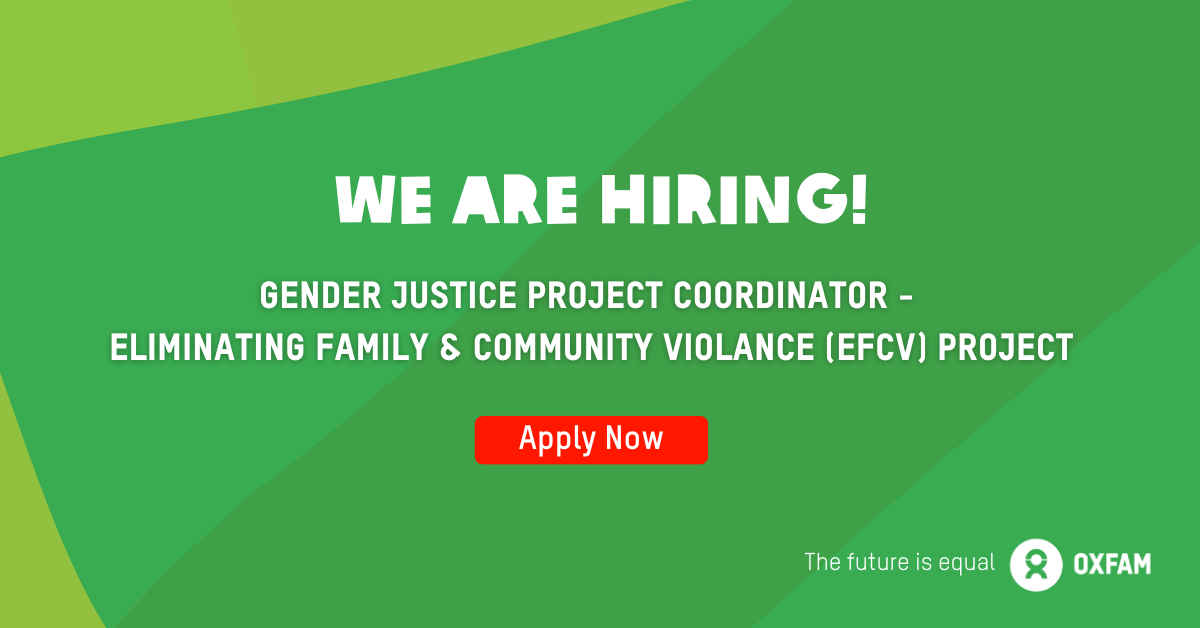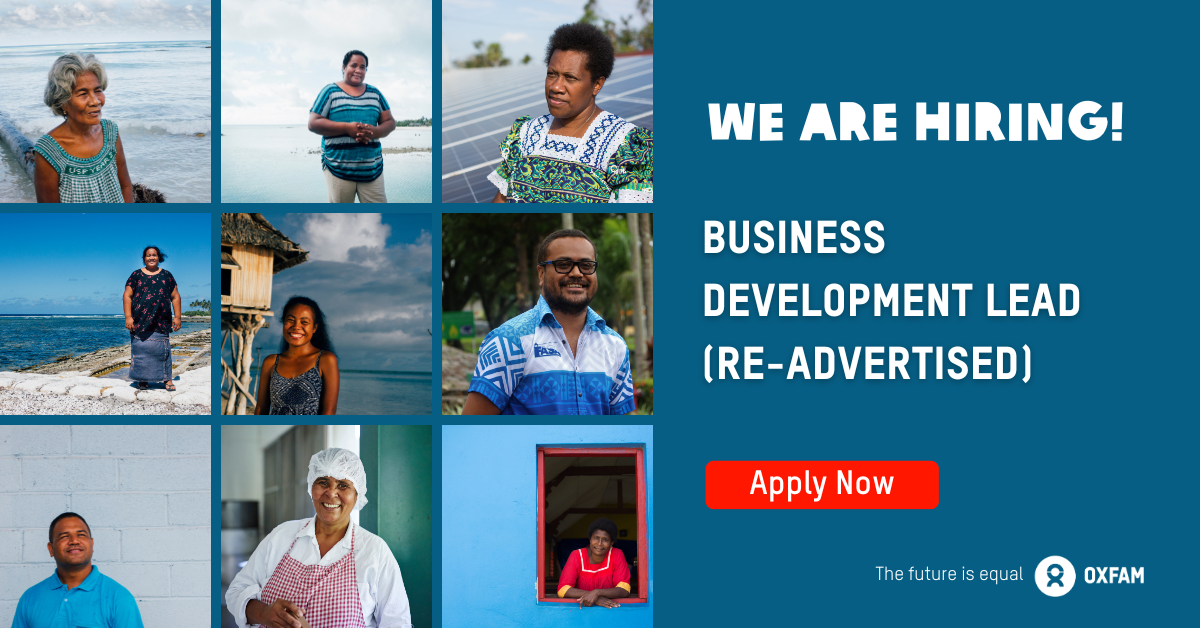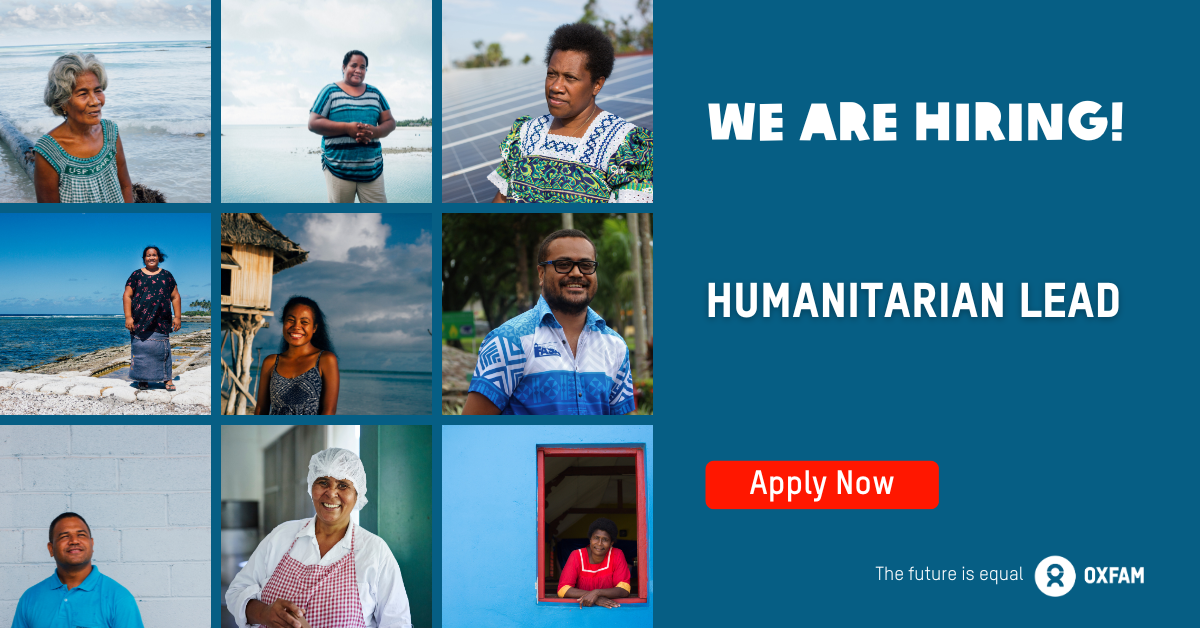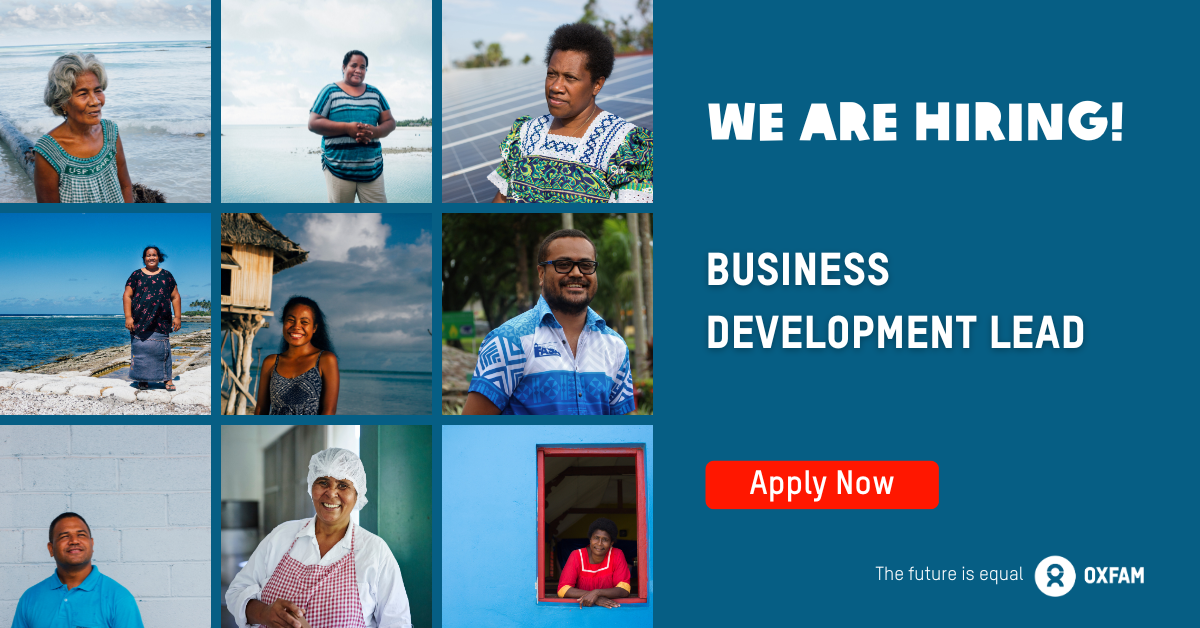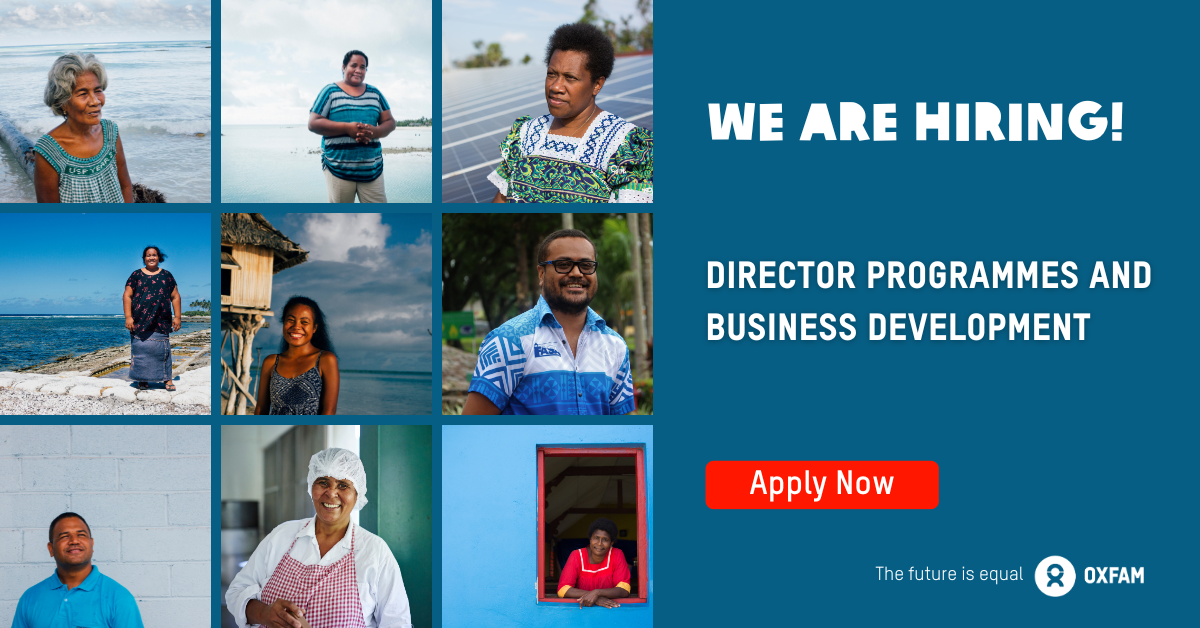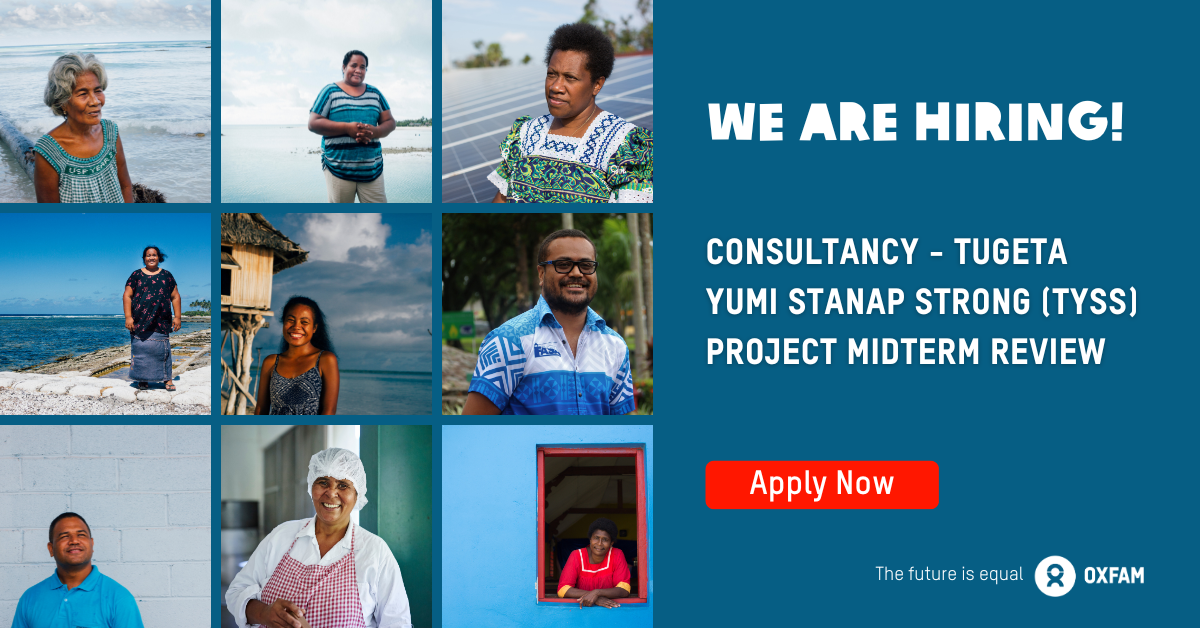National planning officers from a range of Ministries across Tonga will be required to identify climate change, disaster and gender risks associated with all major investments as part of their Annual Corporate Planning and Budgeting starting in fiscal year 2018.
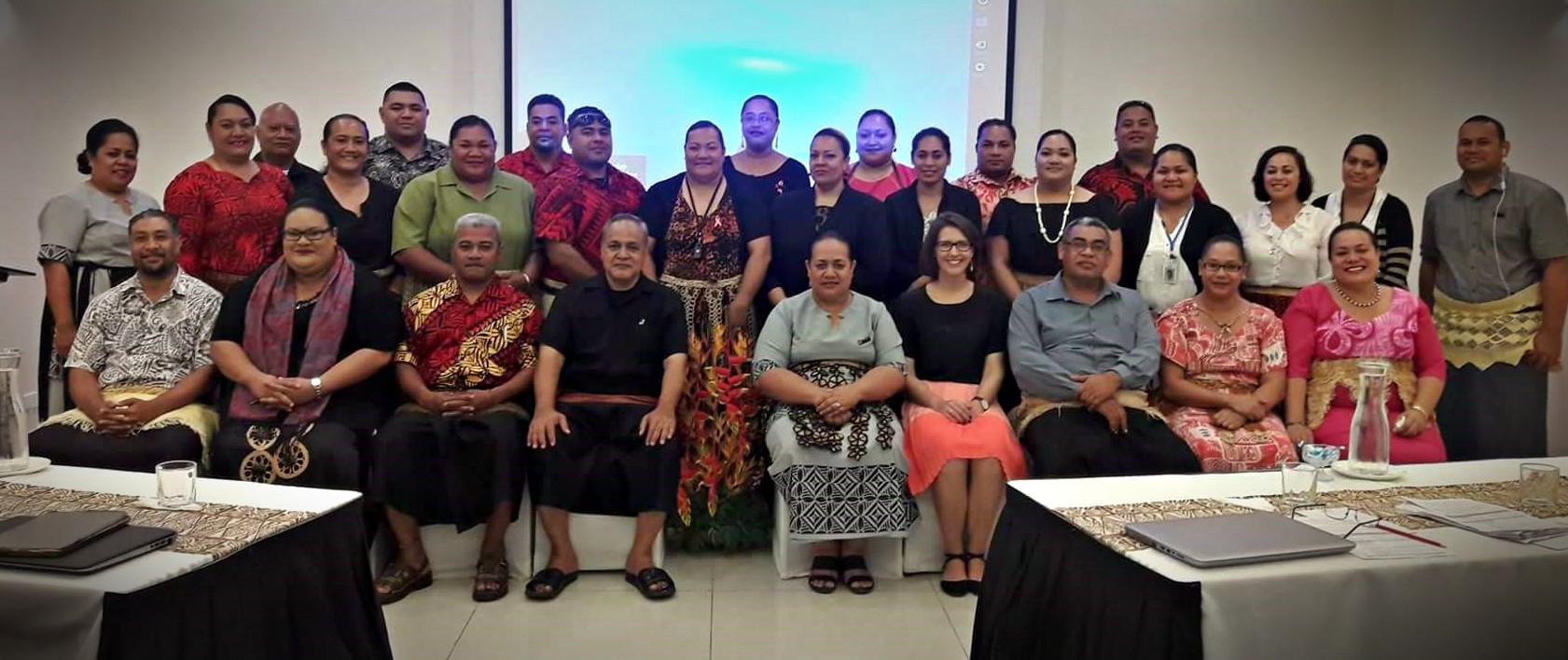
“It is critical that planners identify and manage potential risks to and from the development activities they are responsible for, otherwise there is a chance they will make people and communities more vulnerable,” said Elizabeth Baker, Resilient Development Officer, Ministry of Finance and National Planning (MFNP).
“Government planners are making decisions every day that can either increase or decrease the resilience of Tongans,” said Natalia Latu, acting CEO of the MFNP.
“It is the responsibility of the MFNP to make sure those decisions are working for resilience, and that developments are safeguarded against the very real threat of disasters and a changing climate,” said Ms. Latu.
It is for this reason that the MFNP, in partnership with the UNDP Pacific Risk Resilience Programme (PRRP) conducted a one-day workshop in November 2017 on Risk Screening, using a risk screening toolkit developed by the Ministry. The toolkit has been endorsed by Hon. Pohiva Tu’i’onetoa, Minister for MFNP, and will become part of the Tongan Government’s Corporate Planning and Budgeting process, the One Tool.
“Using the toolkit has helped us to better understand climate, disaster, gender and protection risks, which will ensure that our agriculture investments are more cost effective and less likely to fail,” said Elisaia Ika, Resilient Development Officer, Ministry of Agriculture, Food and Forestry.
“In the agriculture sector, there is a great opportunity for us to be more efficient with our spending, and reduce climate and disaster risks by partnering across divisions and with other sectors. It is therefore critical that we understand if environmental and social conditions are changing, and that we plan accordingly,” he said.
The Deputy CEO and Head of the Corporate and Budget Division, Mrs. Kilisitina Tuaimei’api said that the toolkit will “equip planners to better review and analyse budgets and projects to ensure they are risk informed.”
Four Ministries have been selected to pilot the application of the toolkit: The Ministry of Energy, Information, Disaster Management, Climate Change and Communications (MEIDECC); the Ministry of Agriculture, Food and Forestry (MAFF); the Ministry of Fisheries (MAF); and the Ministry of Internal Affairs (MIA). Other participants at the workshop included representatives from the Australian High Commission’s aid program, Live and Learn as well as auditors from the Tonga Auditor General Office.
PRRP works with Pacific Island nations and their people to mainstream risks they face from climate change and disasters into development at all levels. Risk governance means tackling risk management issues but from within governance mechanisms. Improved risk governance will enable communities to benefit from development, whilst at the same time minimise negative consequences from climate change impacts and disasters.
This risk governance approach is delivered through a partnership between the UNDP Pacific Office and international non-government organization – LLEE and supported by the Australian Government. PRRP is being delivered in four countries: Fiji, Solomon Islands, Tonga and Vanuatu.

